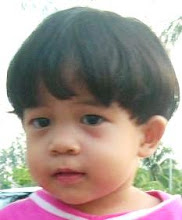Hakim al-Umma Shaykh Mawlana Ashraf Ali Thanawi (Allah have mercy on him) said:
The worst effect of committing sin is that due to the casual and careless attitude (of a sinner) a minor (saghirah) sin leads to a major (kabirah) sin and eventually to rejection of the truth (haqq). (That is, kufr).
Thus an individual should never become carefree after committing a sin. He should repent and make amendments.
Basa’ir-e-Hakeemul Ummat 532
A sin by definition is an act that displeases Allah.
How can any degree of displeasure of our Creator and Sustainer be considered to be minor, insignificant or a frivolous thing.
In our present environment we are involved in many activities that are sinful. We observe, hear and think about many things that are sinful. We consider them to be a normal indispensable part of our daily life. We condone them. Most of the practicing Muslims are aware of the rulings regarding them but consider them to be trivial, insignificant and minor slips.
It must be remembered that nisbet e batini ( that is the goal of Tasawwuf: the real, strong, perpetual and mutually friendly relationship with Allah) is impossible with indulgence in any degree of sinful activity.
It is beyond common sense that any one will befriend an individual who considers the displeasure of his beloved to be insignificant, trivial and a casual thing.
At the least we must acknowledge our short comings, make repentance (isteghfara) and ask Allah for assistance in giving them up completely.
wa ma tawfiqi ila billah!
